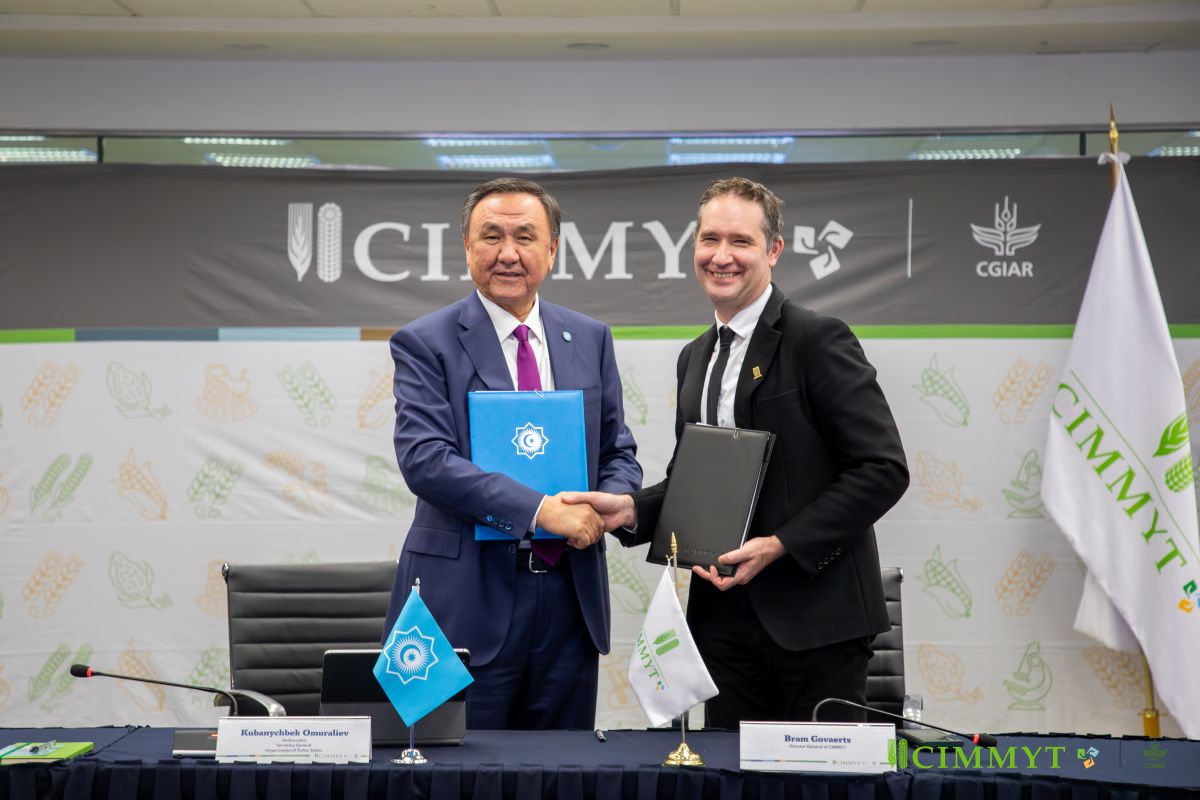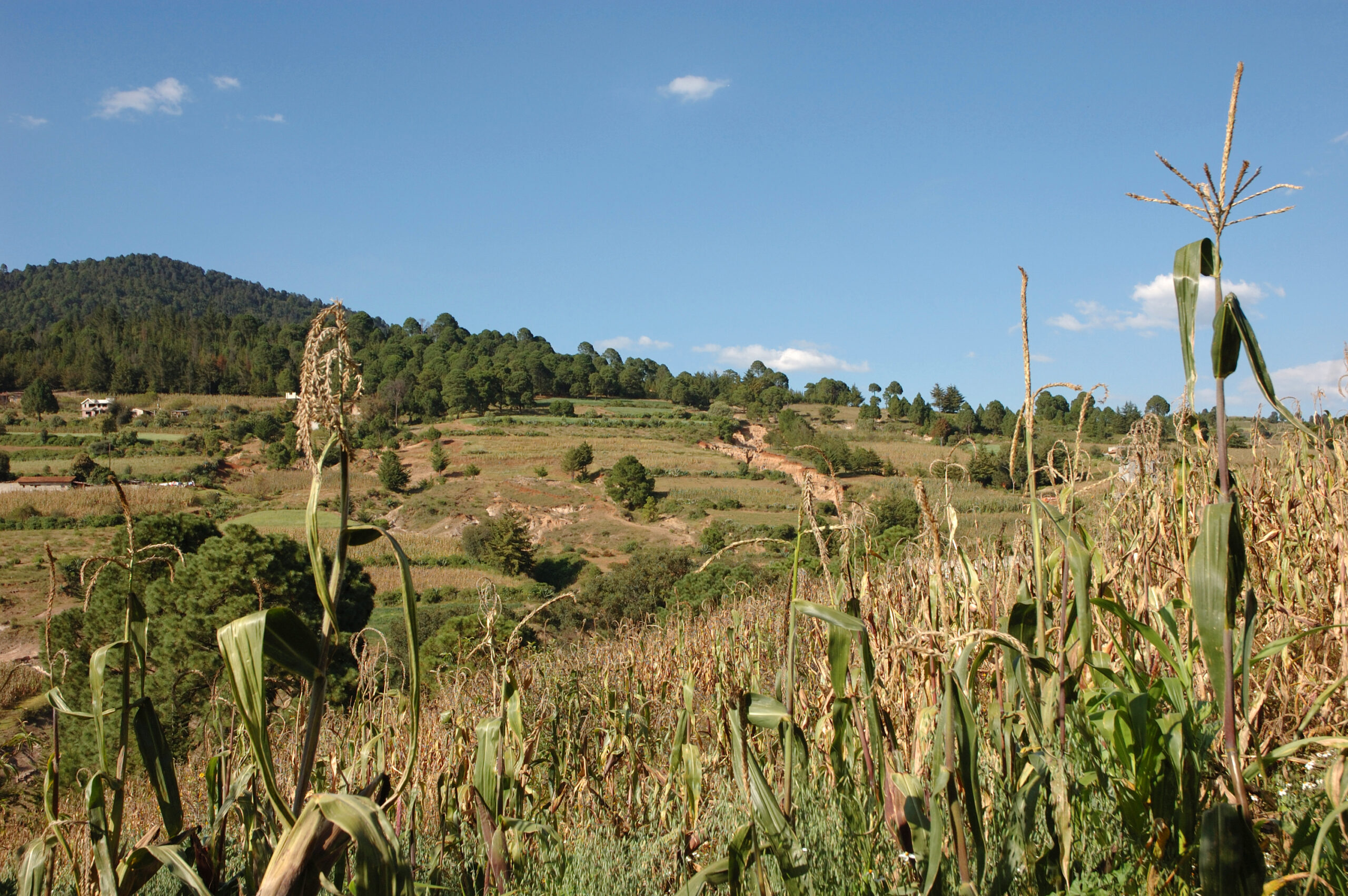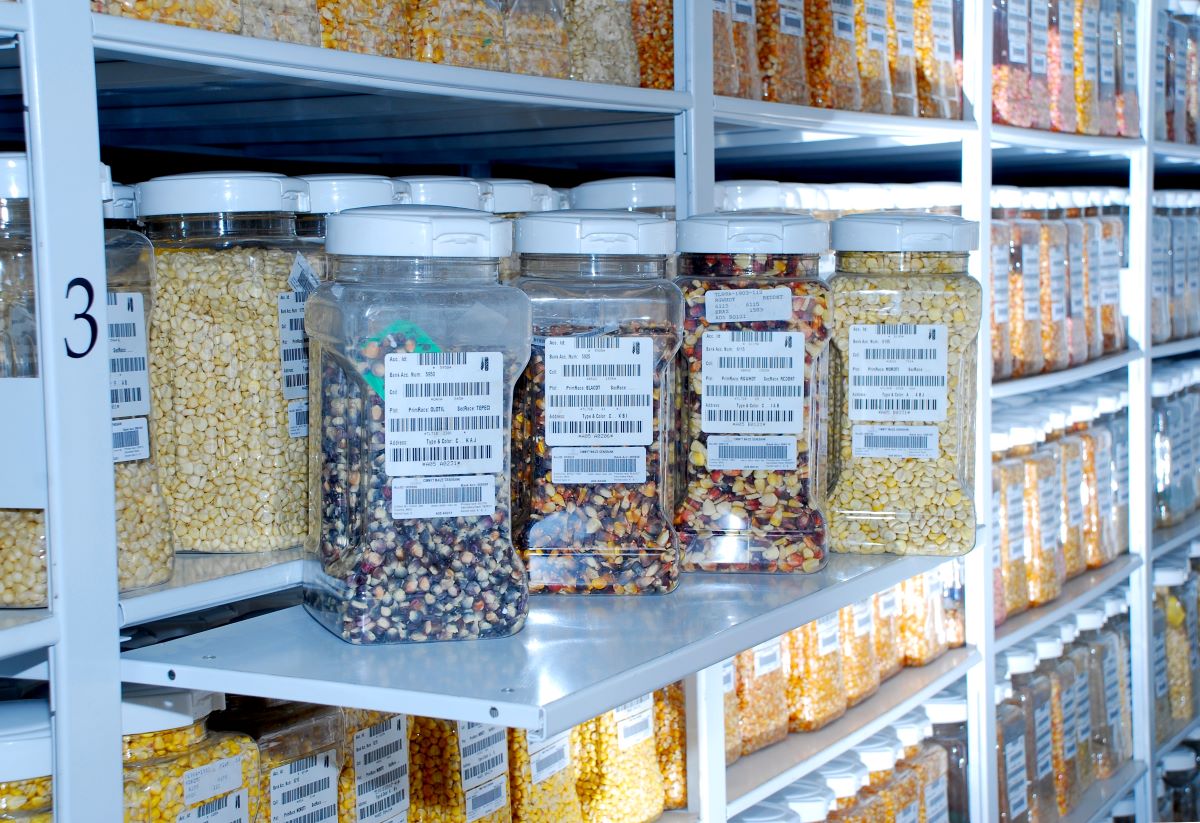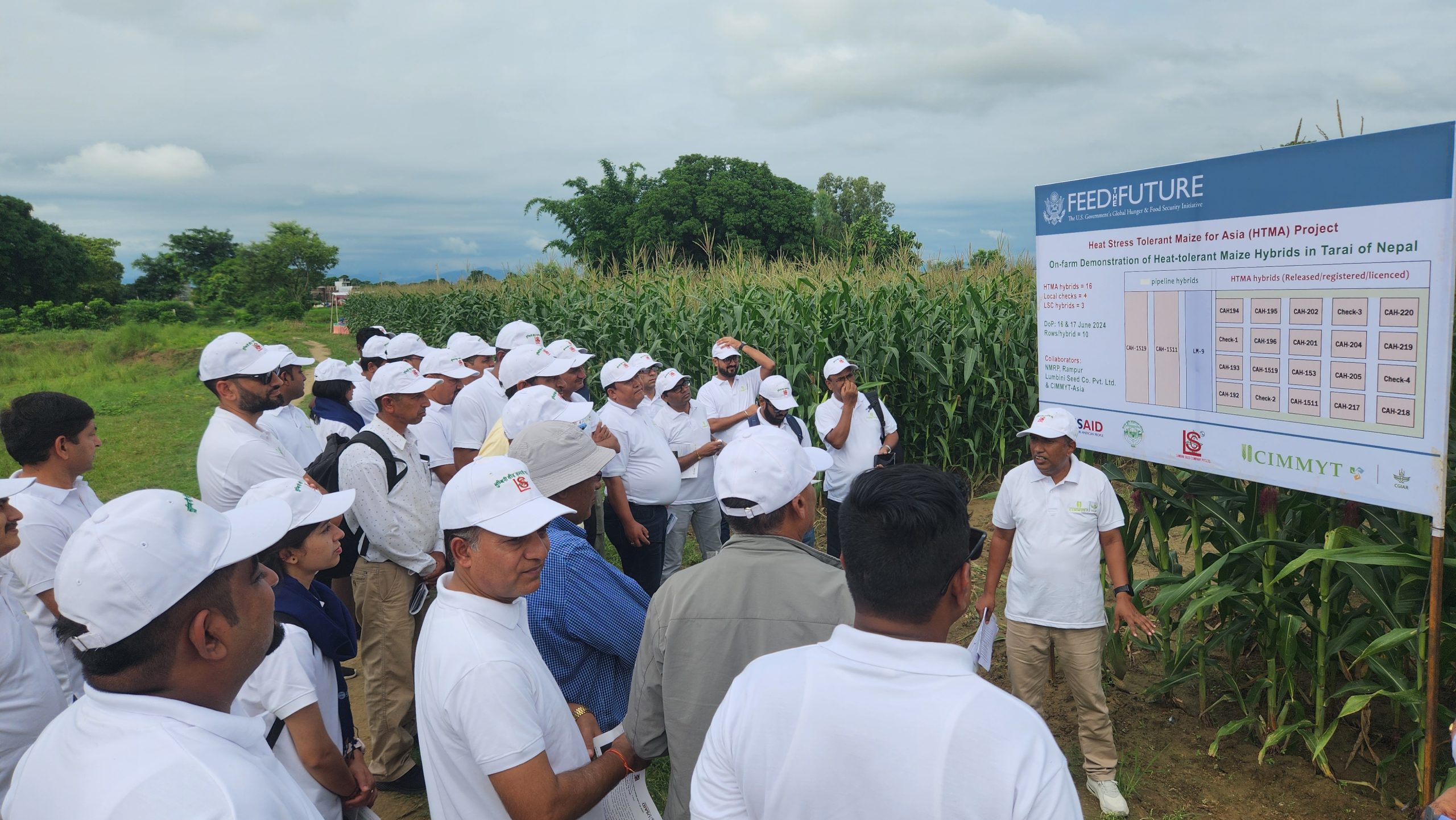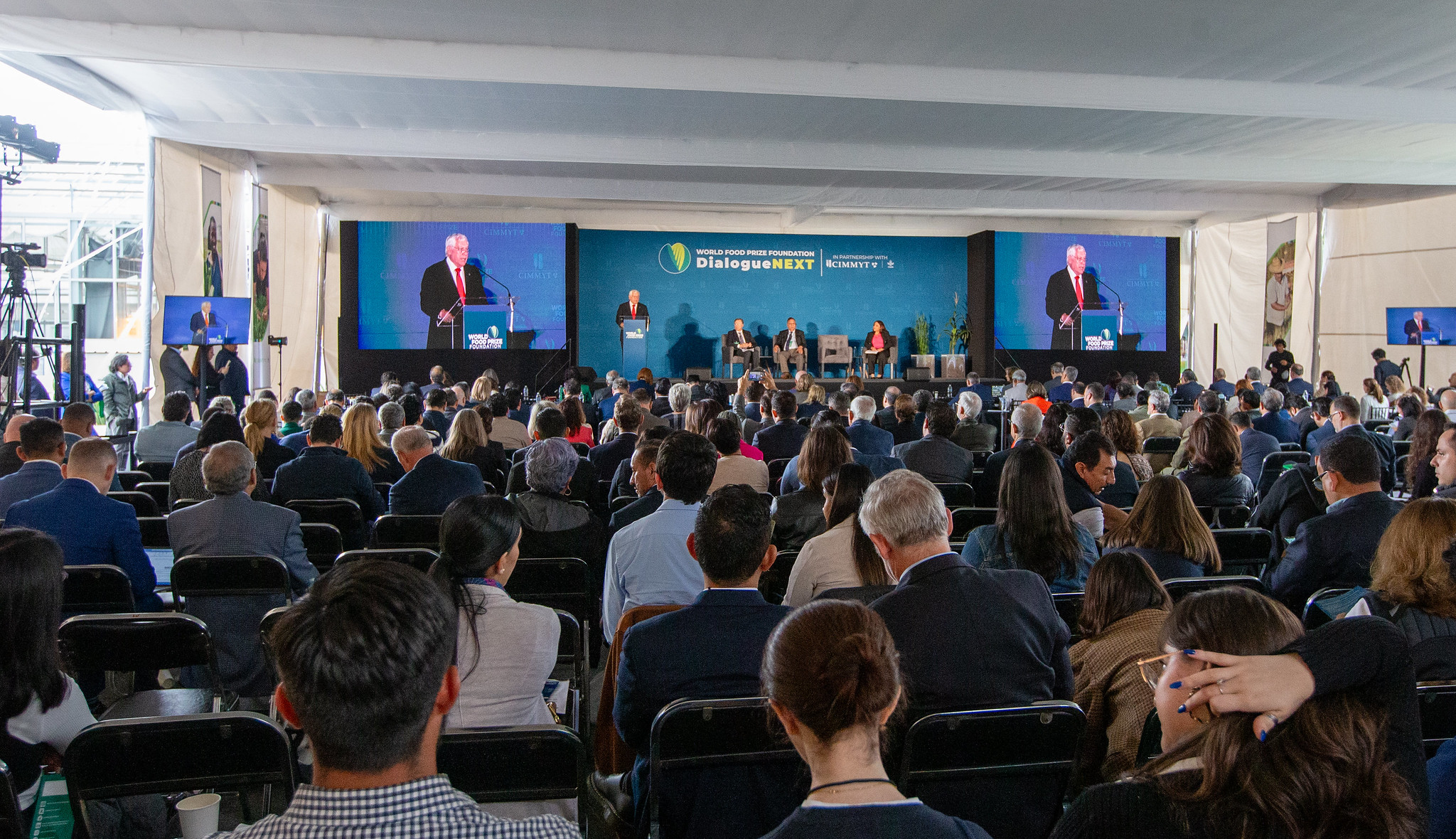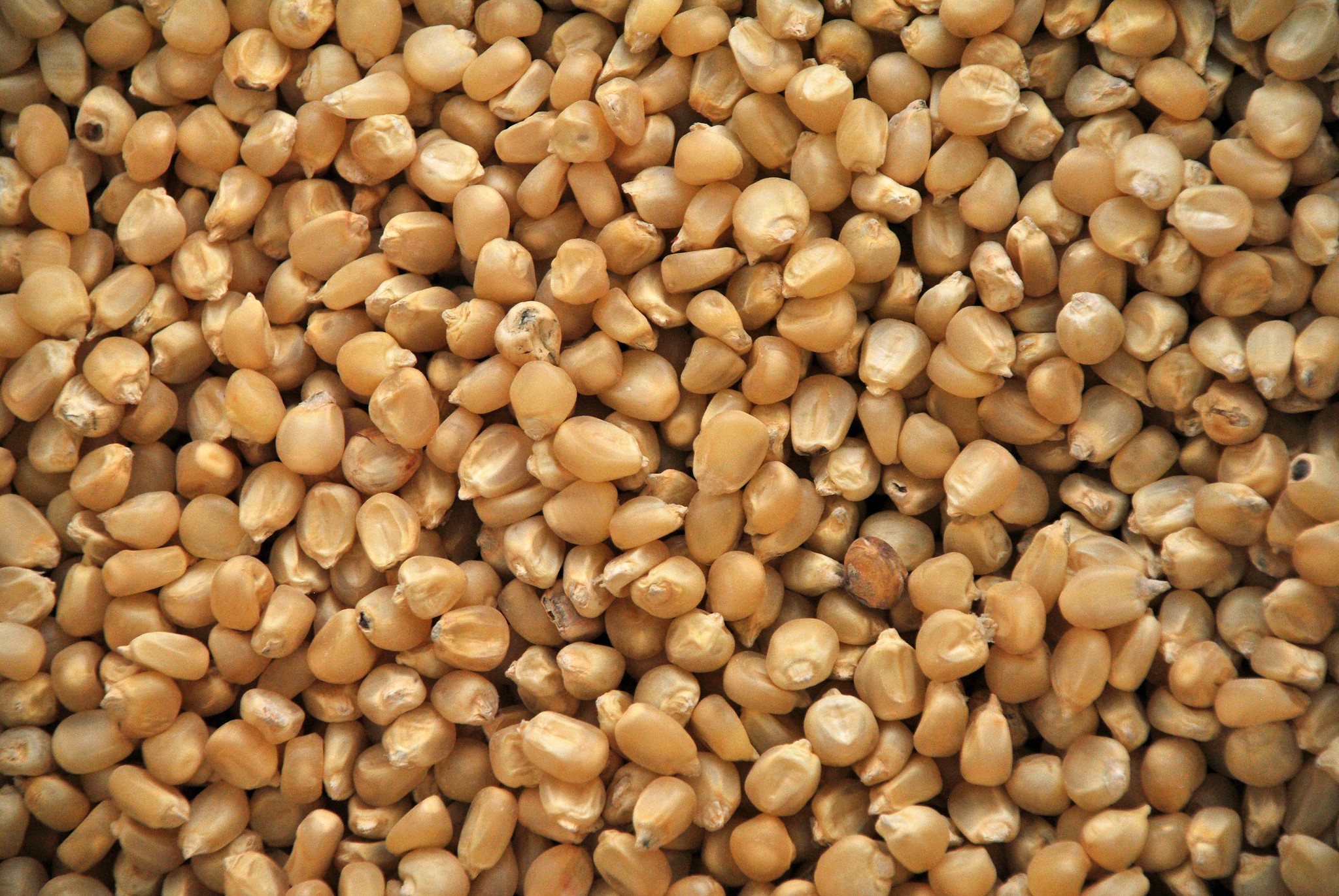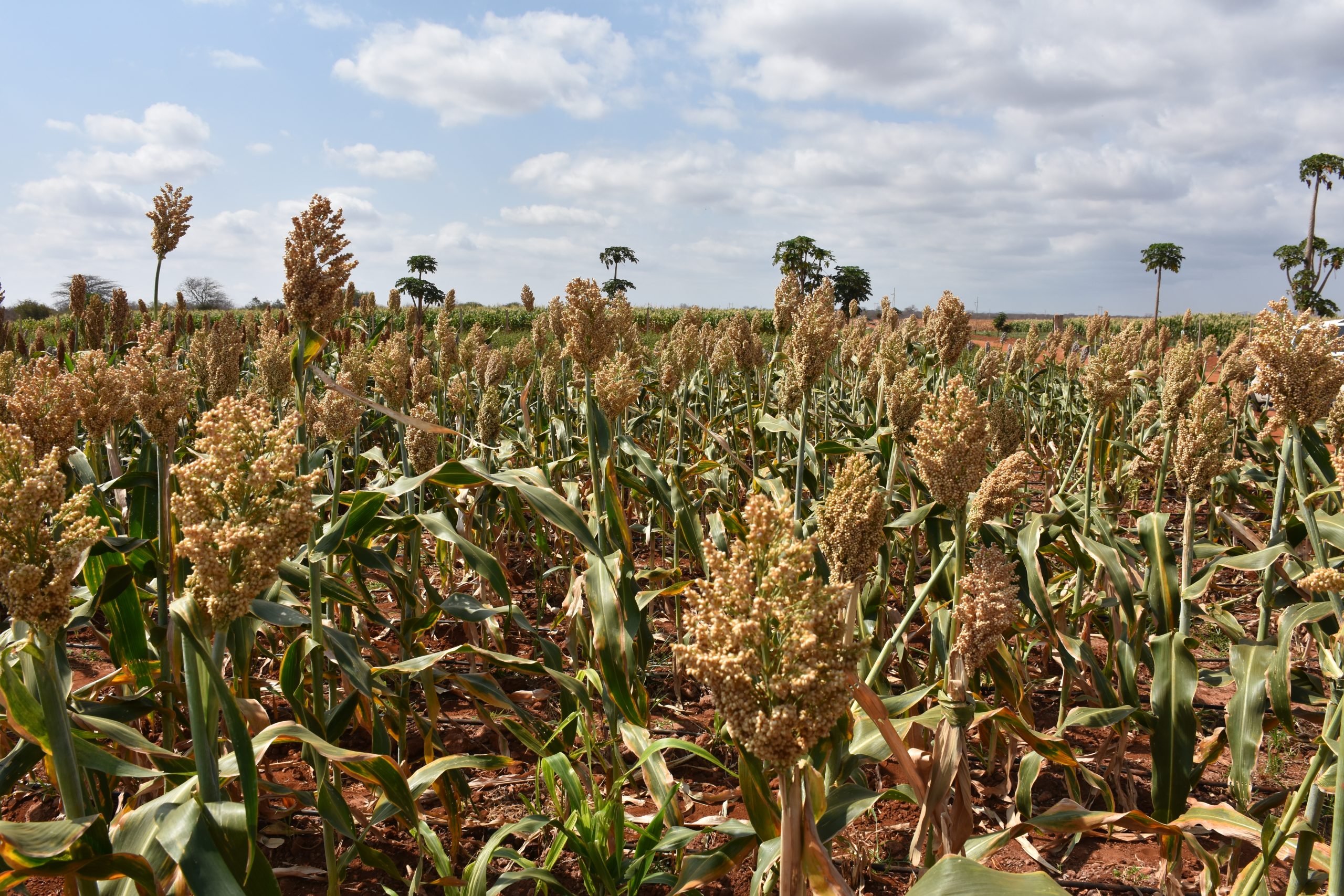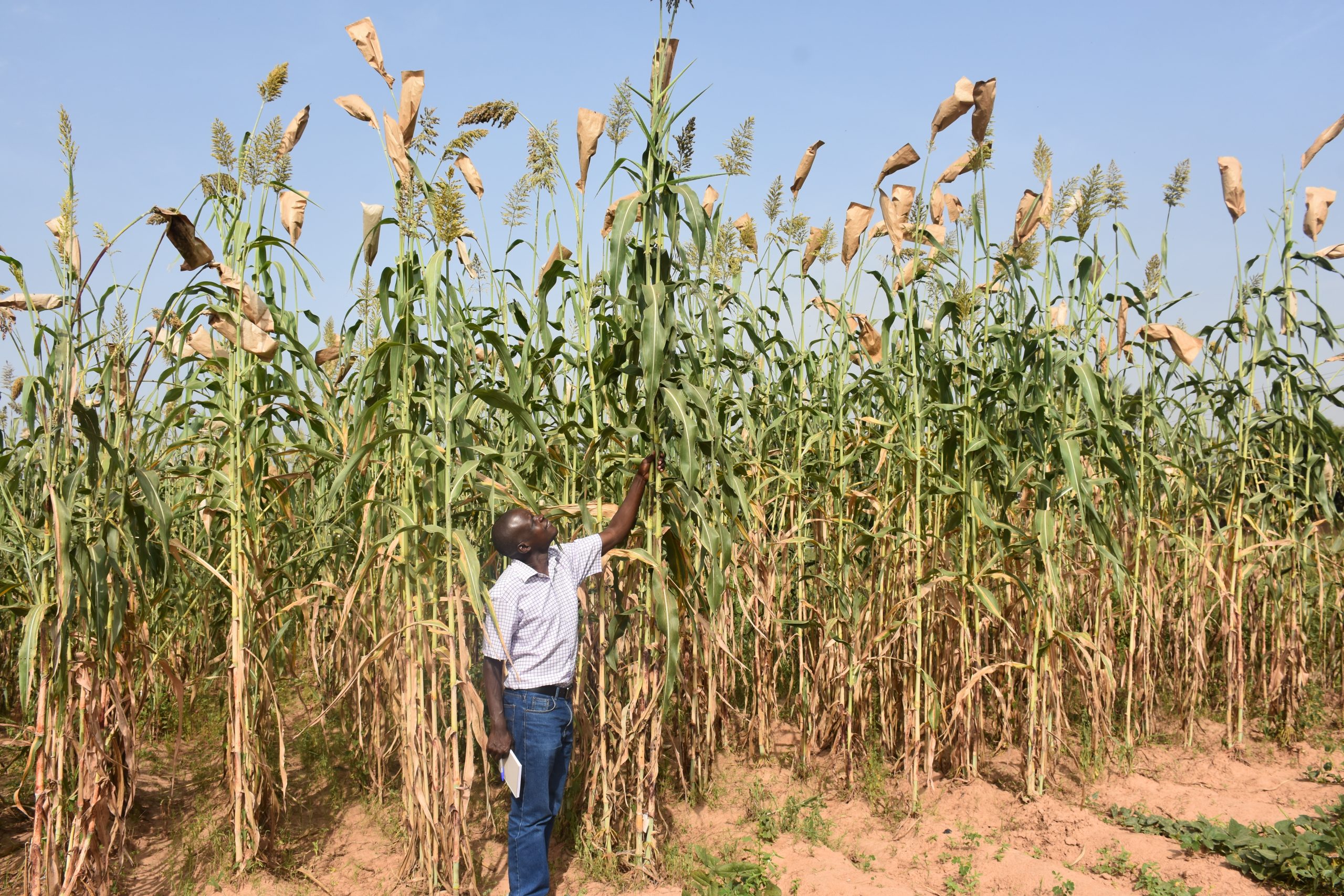Genetic resources
CIMMYT and KAUST sign Memorandum of Understanding to advance genomic innovation and strengthen global food security
 Capacity development
Capacity development
CIMMYT and King Abdullah University of Science and Technology have formalized a scientific partnership to accelerate genomic innovation and strengthen global food security
CIMMYT and the Organization of Turkic States Forge Strategic Alliance to Strengthen Agricultural Innovation in the Turkic Countries
 Capacity development
Capacity development
CIMMYT and the Organization of Turkic States have signed a Memorandum of Understanding to strengthen regional collaboration in advancing agricultural innovation, climate-resilient crops, and food security across the Turkic countries
Genetic analysis identifies key loci for traits and resistance in Qinghai plateau wheat F2 populations
 Climate adaptation and mitigation
Climate adaptation and mitigation
Source: Nature ()
CIMMYT germplasm combined with Qinghai Plateau wheat revealed 99 genetic loci for yield, stress tolerance, and stripe rust resistance, paving the way for marker-assisted breeding of resilient, high-altitude wheat
Pairwise Licenses Gene Editing Tools to CIMMYT to Fast-Track Smallholder Farming Systems’ Transformation
 Climate adaptation and mitigation
Climate adaptation and mitigation
Global Fulcrum™ license spans 20 countries for trait development in maize, wheat, sorghum, millets, pigeon pea, and groundnut
The Guardians of Diversity: The Work of Carolina Sansaloni
 Gender equality, youth and social inclusion
Gender equality, youth and social inclusion
Carolina Sansaloni, Curator of the Wheat Collection at CIMMYT, champions women’s role in science and safeguards wheat and maize diversity for global food security
Svalbard and Humanity’s Food Security
 Capacity development
Capacity development
Cary Fowler and Geoffrey Hawtin received the World Food Prize for their work in conserving global crop diversity, crucially supported by CIMMYT and CGIAR’s genetic resource preservation efforts
This year’s World Food Prize underscores the value of seed banks and their stewards
 Climate adaptation and mitigation
Climate adaptation and mitigation
Source: NPR in Kansas City ()
This year’s World Food Prize highlights the vital role of genebanks like CIMMYT’s in preserving crop diversity, ensuring food security, and supporting climate resilience for future agricultural systems
Seeds to beat the heat in lowland tropics
Partners in South Asia commend HTMA project’s success in the wake of climate change
Context-dependent agricultural intensification pathways to increase rice production in India
 Climate adaptation and mitigation
Climate adaptation and mitigation
Source: Nature Communications ()
A Nature Communications study shows that targeted nitrogen and irrigation interventions can sustainably boost rice yields and profitability in India
CIMMYT Director General visit to UQ
 Capacity development
Capacity development
Source: The University of Queensland ()
CIMMYT Director General Bram Govaerts’ visit to UQ strengthened a long-standing partnership focused on advancing sustainable agriculture and food security
Melinda Smale: Exploring the Economic Value of Crop Diversity Conservation
 Environmental health and biodiversity
Environmental health and biodiversity
Source: Dailyhunt ()
Melinda Smale’s collaboration with CIMMYT has significantly advanced the understanding of crop diversity conservation, directly contributing to global agricultural sustainability and food security
Enhancing the resilience of our farmers and our food systems: global collaboration at DialogueNEXT
 Capacity development
Capacity development
CIMMYT and the World Food Prize Foundation co-organized DialogueNEXT—Seeds of strength: Nurturing farmer resilience, held at CIMMYT headquarters in Mexico from 10 to 11 July 2024. The event brought together scientists, agribusiness leaders, farmers, and policymakers from over 200 organizations and 55 nations, to help shape global collaboration and strategies for sustainably producing nutritious food for all, within planetary boundaries.
CIMMYT scientists deliver training to improve agriculture in Uzbekistan
 Capacity development
Capacity development
Agricultural scientists from Uzbekistan completed training on genetic resources and gene banks in Türkiye to build research cooperation and enhance agricultural knowledge across the region.
Launch of a new Global Partnership for the Vision for Adapted Crops and Soils initiative
 Capacity development
Capacity development
FAO and CIMMYT team up to boost traditional nutrient-rich, climate-resilient crops and healthy soils to enhance diet quality for today and tomorrow.
G7 summit highlights importance of sustainable food systems
 Climate adaptation and mitigation
Climate adaptation and mitigation
CIMMYT contributes to the G7 goals on agricultural productivity, food security, and climate change through the Vision for Adapted Crops and Soils initiative.

